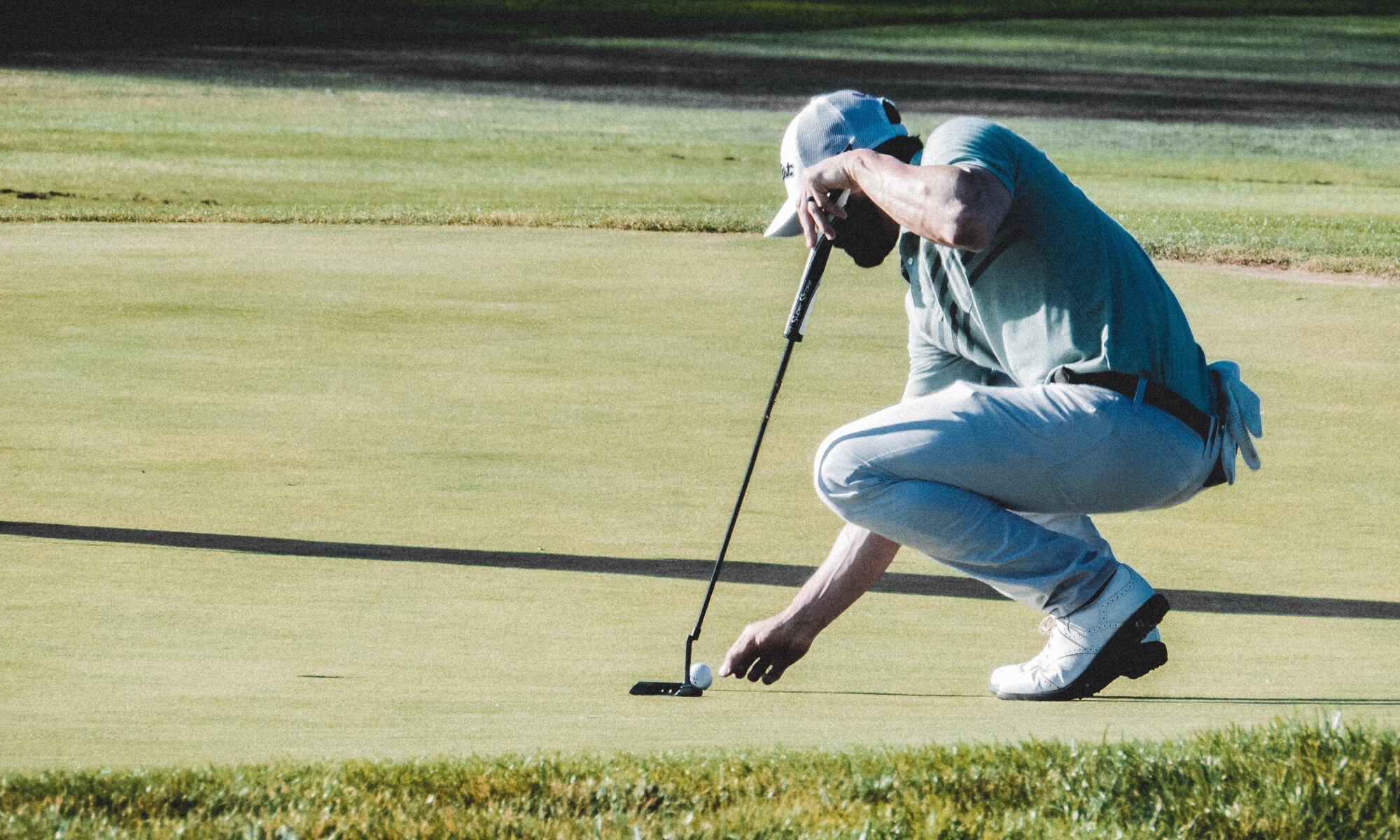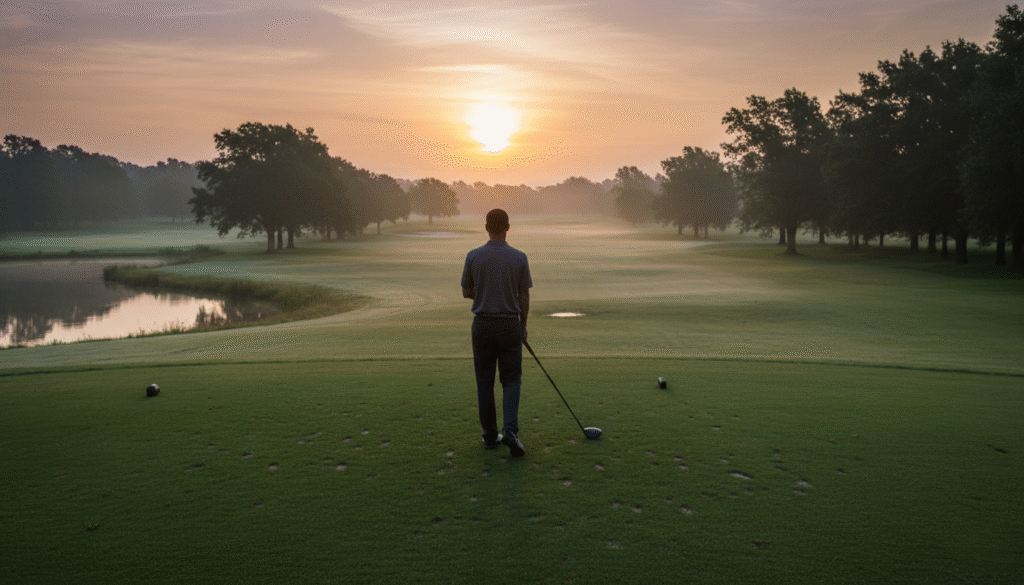By Kevin Cotter, PGA
Every golfer believes their inconsistency comes from swing mechanics, tempo, or setup.
But the truth is far simpler—and far more powerful.
Most golfers fall into the same predictable pattern:
They react to outcomes instead of committing to intentions.
And this one mental mistake quietly destroys rounds, confidence, and rhythm more than anything else.
Let’s break it down.
The Hidden Trap — Playing Reactive Golf
A reactive golfer plays golf after the swing is over.
They judge the shot.
They tighten on the next one.
They shift their focus.
They lose rhythm.
They chase a “quick fix” mid-round.
The pattern looks like this:
- Hit a poor shot → emotional spike
- Try harder on the next one → tension rises
- Overcorrect → mechanics collapse
- Confidence wavers → performance spirals
Instead of controlling their state, they let the result control them.
This is reactive golf—and almost every golfer does it.
The Elite Difference — Playing With Intention
Great players aren’t perfect. They miss fairways and greens like everyone else.
But they don’t let the miss define the next swing.
They commit to an intention before the swing and judge success based on:
- Did I commit?
- Did I choose the correct shot?
- Did I stay neutral after the outcome?
Outcome is information.
Intention is control.
This is the foundation of playing intentional golf.
Why Intention Matters More Than Mechanics
Your mechanics don’t break down randomly.
They break down when your mind and body become misaligned.
Intention creates:
- clarity
- consistency
- confidence
- rhythm
- freedom
When intention is strong, your movement becomes organized.
When intention collapses, tension takes over.
If you want reliable mechanics, you must first control your mental process—because it controls everything else.
The 3-Step Reset to Stop Reactive Golf
Here is a simple, tour-tested process you can use immediately:
1. Pause the Reaction
Right after the shot, do nothing.
No judgment.
No emotion.
Just a breath.
This creates space—it’s the difference between reacting and responding.
2. Ask the Only Question That Matters
“Did I commit to the shot?”
If yes → accept and move on.
If no → reset your process—not your swing.
This question puts you back in control.
3. Anchor the Next Intention
Before the next shot, define:
- target
- shape or trajectory
- feel or cue
- acceptance
When intention is clear, the body organizes itself around it.
This is the secret to consistent golf.
How This One Shift Lowers Scores
When you stop reacting and start committing, three things happen almost immediately:
1. Your tension levels drop
You no longer “try harder” or “force” swings.
2. Your misses improve
A committed miss is almost always playable.
3. Your rhythm stabilizes
You stop jumping between swing thoughts, fixes, and emotional reactions.
Most golfers think they need a better swing.
What they really need is better intention.
Final Thought — The Shot Matters Less Than the State You’re In
Consistency comes from your mental state, not your mechanics.
If you can adopt one change today, let it be this:
Judge each shot by your commitment, not your outcome.
It will radically change the way you play golf.
Ready to Transform Your Mental Game?
This concept—and dozens of others like it—is explored in depth in my book,
The Modern Psychology of Golf.
If these concepts resonated, and you’re ready to build further clarity, confidence, and consistency on the course, you’ll love the deeper mental strategies inside the book 👉 Amazon.



